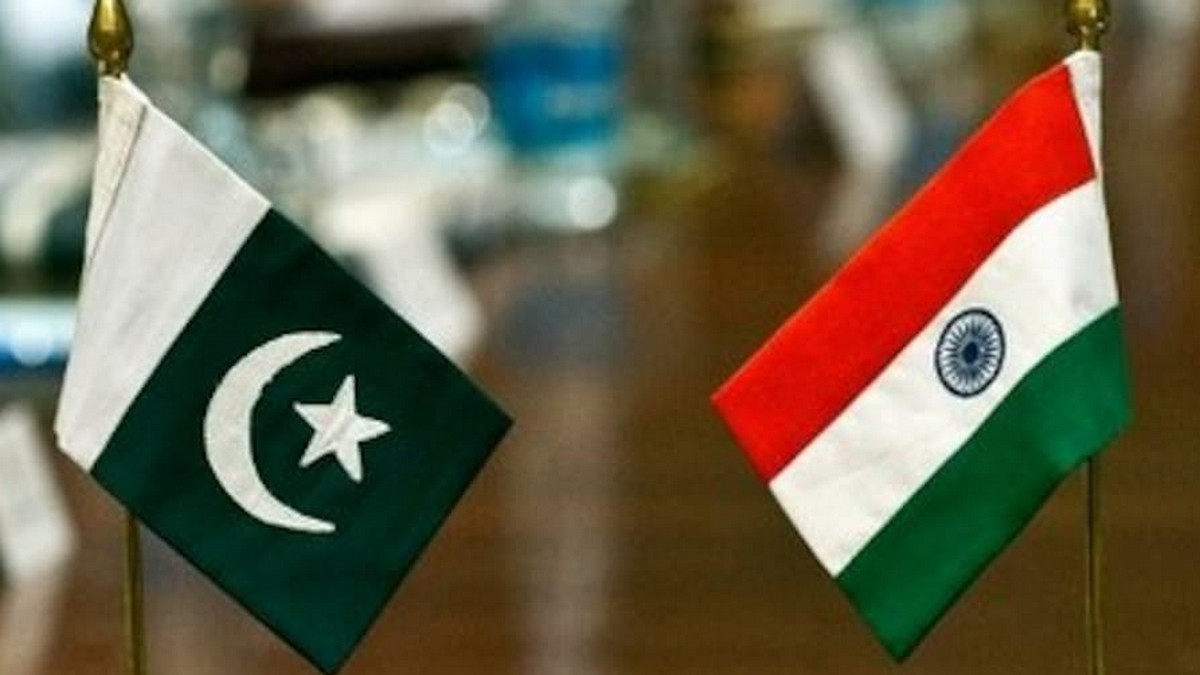India has announced the cancellation of Saarc Visa Exemption Scheme (SVES) for Pakistani citizens.
India has also asked all Pakistani nationals to leave the country within 48 hours.
The development comes two days after the attack in south Kashmir’s Pahalgam. The Resistance Front (TRF), an offshoot of the Pakistan-based Lashkar-e-Taiba terror group, claimed responsibility for the attack at Baisaran meadow.
This was among a slew of decisions taken at the Cabinet Committee on Security (CCS) meet on Wednesday evening chaired by Prime Minister Narendra Modi.
Home Minister Amit Shah, Defence Minister Rajnath Singh, External Affairs Minister S Jaishankar, National Security Advisor Ajit Doval and other high-ranking officials attended the meet.
“Pakistani nationals will not be permitted to travel to India under the Saarc visa Exemption scheme. Any SPES visas issued in the past to Pakistani nationals are deemed cancelled. Any Pakistani national currently in India under SPES visa has 48 hours to leave India,” Foreign Secretary Vikram Misri said.
But what does the suspension of the visa scheme mean?
Let’s take a closer look:
Saarc and the SVES
First, let’s briefly examine Saarc.
The South Asian Association for Regional Cooperation (Saarc) was established in 1985.
It comprises eight member nations – Afghanistan, Bangladesh, Bhutan, India, Maldives, Nepal, Pakistan and Sri Lanka.
The idea behind Saarc is to promote economic growth, social progress and cultural development in the region.
Now, let’s come to the Saarc visa scheme.
The programme was launched in 1992.
Its origins lie in the Fourth summit in Islamabad in December 1988, at a meeting of the Saarc leaders.
As pe_r Saarc-sec.org_, the leaders at the time appreciated the need for people-to-people contact among Saarc nations.
They agreed that certain dignitaries should be exempt from visas while travelling within the region.
Their solution? A special travel document issued to dignitaries.
The scheme allows persons in 24 categories – dignitaries, higher court judges, parliamentarians, businessmen, sportsmen and journalists to travel within the region without a visa.
Instead, member nations issue ‘visa stickers’ to its citizens.
These stickers are valid for one year.
The scheme is reviewed frequently by the immigration authorities of member nations.
As per NDTV, this is the first time one member of the Saarc has suspended the visa scheme for another member.
As per ABP Live, citizens of SAARC nations are eligible for a business visa to India for up to five years.
However, this is not true for Nepal, Bhutan, and Pakistani nations.
Citizens of Bhutan and Nepal do not require a visa to visit India.
Only some Pakistani nationals were eligible for a multiple-entry business visa, which could be valid for one year and restricted to 10 places within India.
These instructions were revised on July 7, 2015 – which allowed a multiple-entry business visa for up to three years for special category Pakistani businessmen with verified financial standing and business credentials.
They were also restricted to 15 designated places across India.
Sri Lankan nationals are also eligible for the e-Tourist Visa facility.
India has a slew of other moves including blocking access to the official X account of the Government of Pakistan, suspending of the Indus Waters Treaty.
New Delhi also downgraded diplomatic ties with Pakistan, including expulsion of its military attaches, in view of the cross-border links to the Pahalgam terror attack.
Terrorists opened fire in a meadow near the tourist hub of Pahalgam in south Kashmir on Tuesday afternoon, killing 26 people, mostly tourists. It is the worst attack in Kashmir since the Pulwama strike in 2019 when 40 CRPF personnel were killed.
With inputs from agencies


)

)
)
)
)
)
)
)
)



